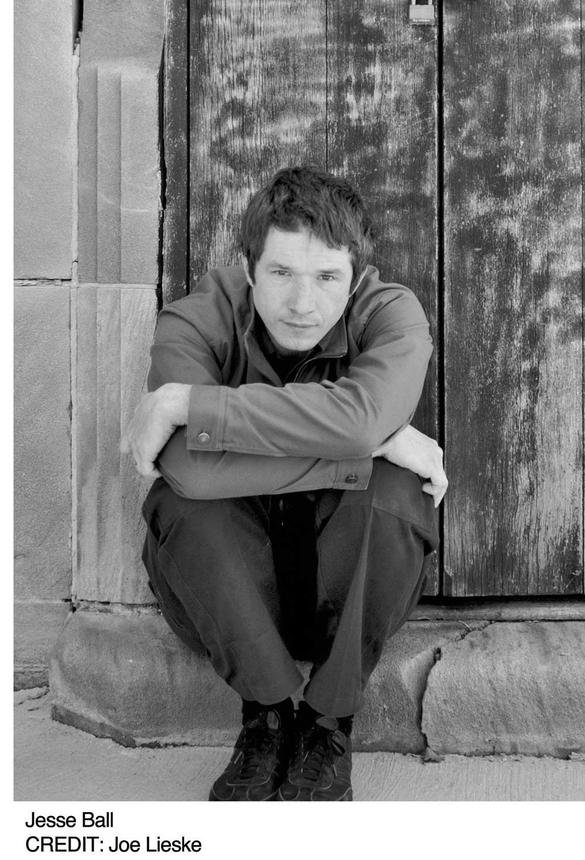A startling, subversive novel about a teenage girl who has lost everything and will burn anything.
Fourteen-year-old Lucia is a young narrator whose voice will long ring in your ears. She is angry with almost everyone, especially people who tell her what to do. She follows the one rule that makes any sense to her: Don’t Do Things You Aren’t Proud Of. Orphaned and living with her elderly aunt in poverty in the converted garage of a large mansion, Lucia makes her way through the world with only a book, a Zippo lighter, and a pocket full of stolen licorice. Expelled from school, again, Lucia spends her days riding the bus to visit her mother in The Home. When Lucia discovers a secret Arson Club, she will do anything to be a part of it. Her own arson manifesto is a marvellous anarchist pamphlet, written with biting wit and striking intelligence.
The voice of teenaged Lucia is a tour de force: a brilliant, wrenching cry from the heart and mind of a super-smart, funny girl who can’t help telling us the truth, a riveting chronicle of family, misguided friendship, and loss.
How to Set a Fire and Why is Jesse Ball’s most accessible novel yet; after Silence Once Begun and A Cure for Suicide, the pyrotechnics on display here will dazzle.
andHow to Set a Fire and Why
‘I was captivated from the first line…Lucia belongs with all the great child truth tellers: David Copperfield, Huck Finn, Holden Caulfield…I loved her and I loved the book, every page of it.’
‘A young genius who hits all of the right notes.’
‘[Lucia] is a Holden Caulfield for a post-cultural studies generation.‘
‘Ball’s take on the teen voice rings absolutely true—a potent mix of directness, self-deception and biting wit…Halfway between Catcher in the Rye and Fight Club, but funnier than either.’
‘For a young writer, Jesse Ball’s output has been incredibly prolific. We’re getting to the point where it’s almost impossible for him to release a bad book. His works, though wildly different, are always mysterious, puzzling and incredibly interesting. How to Set a Fire and Why is no exception.’
‘[Ball]’s both moral and whimsical, playfully experimenting with style and humour while fixated on the devastating effect of personal actions…Articulating a heartbreaking range of emotions with newfound accessibility, How to Set a Fire and Why deserves to be this cult author’s commercial breakout.’
‘In Jesse Ball’s writing, there’s no visible effort to create poetry. Yet there’s beauty in the simplicity, in the story that’s told, in the plight of one girl to find what’s true.’
‘In an age of blindly interchangeable YA narrators, this novel is a song of teenage heartbreak sung with a movingly particular sadness, a mature mediation on how actually say something, not just speaking, is what most makes a voice human.’
‘An engaging and compassionate tale of loss, inequality and disaffected youth.’
‘Jesse Ball has written an unforgettably memorable character in the pyromaniac Lucia, who anyone who was once a cynical teenager will recognize and relate to.’
‘Spare and elliptical, frog-hopping from scene to scene, making stories that aren’t plot-driven into page-turners.’
‘Jesse Ball is known for his experimental styles, but this epistolary novel of a troubled teen girl in written with a more accessible approach but still delivers on wit, humor, and unexpected plot twists.’
‘This tension surrounding the question of which future Lucia will pursue drives the novel’s overarching narrative: books or fire, creation or destruction…As Lucia teeters between these opposing paths, her internal monologue is both brooding and delightfully sardonic, cycling through countless rhetorical gags and biting observations that are often revelatory in their recognition of society’s endless absurdities.’
‘Contemporary fiction with adolescent narrators risks either being clichéd and cloying, or convincing and rebarbative. But Jesse Ball’s latest novel, How To Set a Fire and Why, ventures an adolescent narrator who is both believable and bearable… In Jesse Ball’s hands, Lucia’s childlike simplicity manifests itself as a sort of refreshing perspicacity.’












